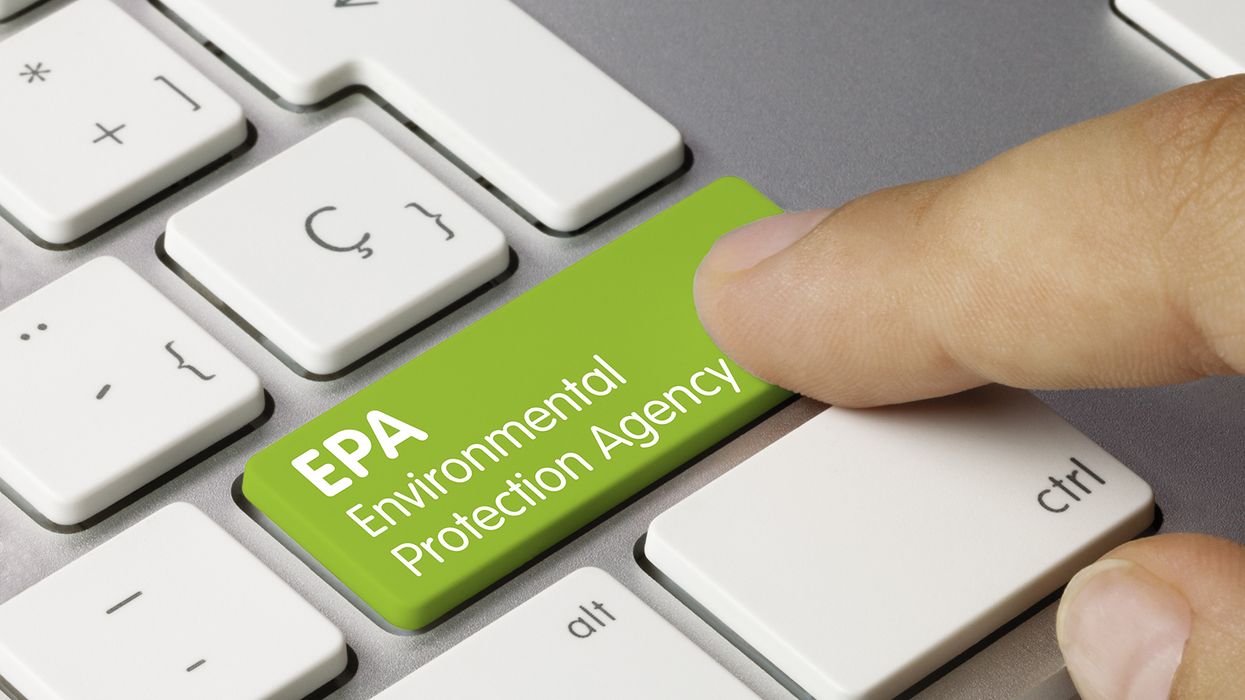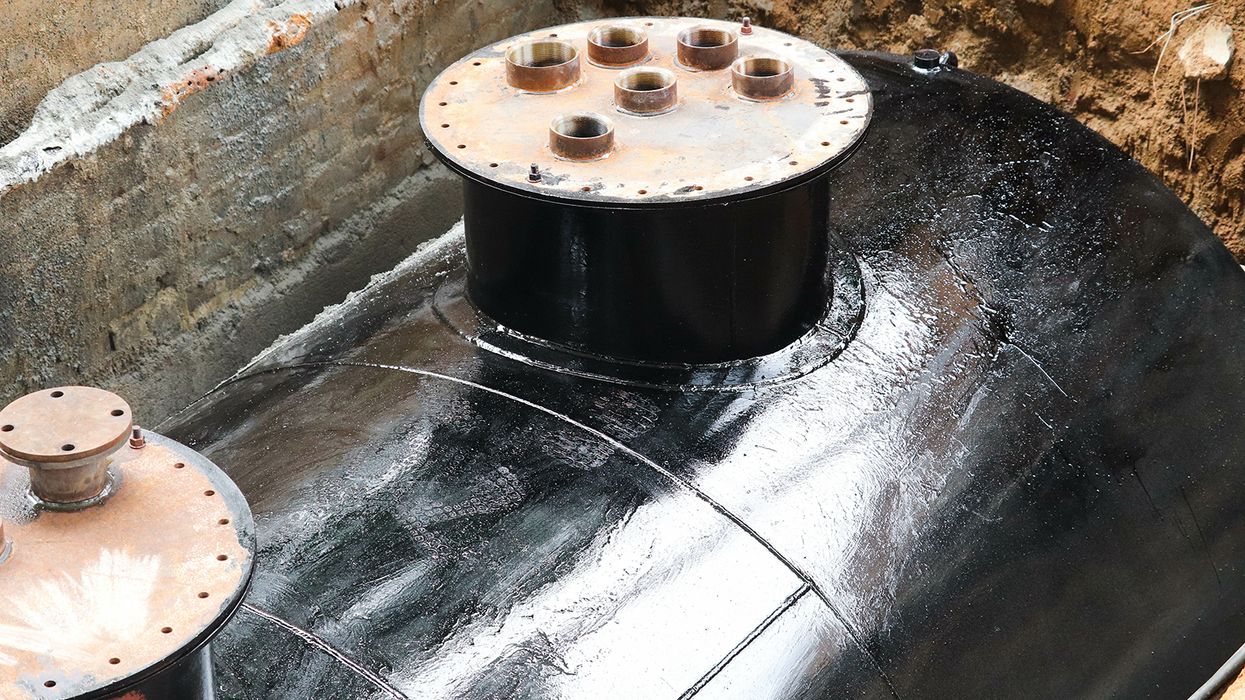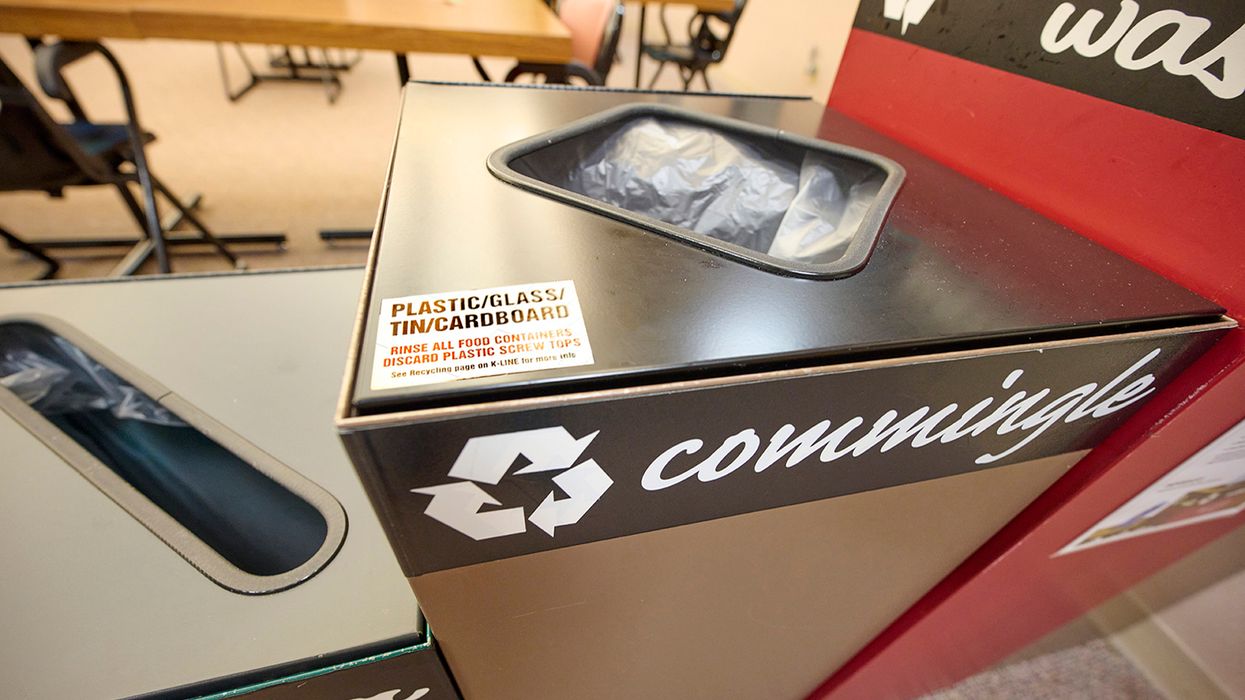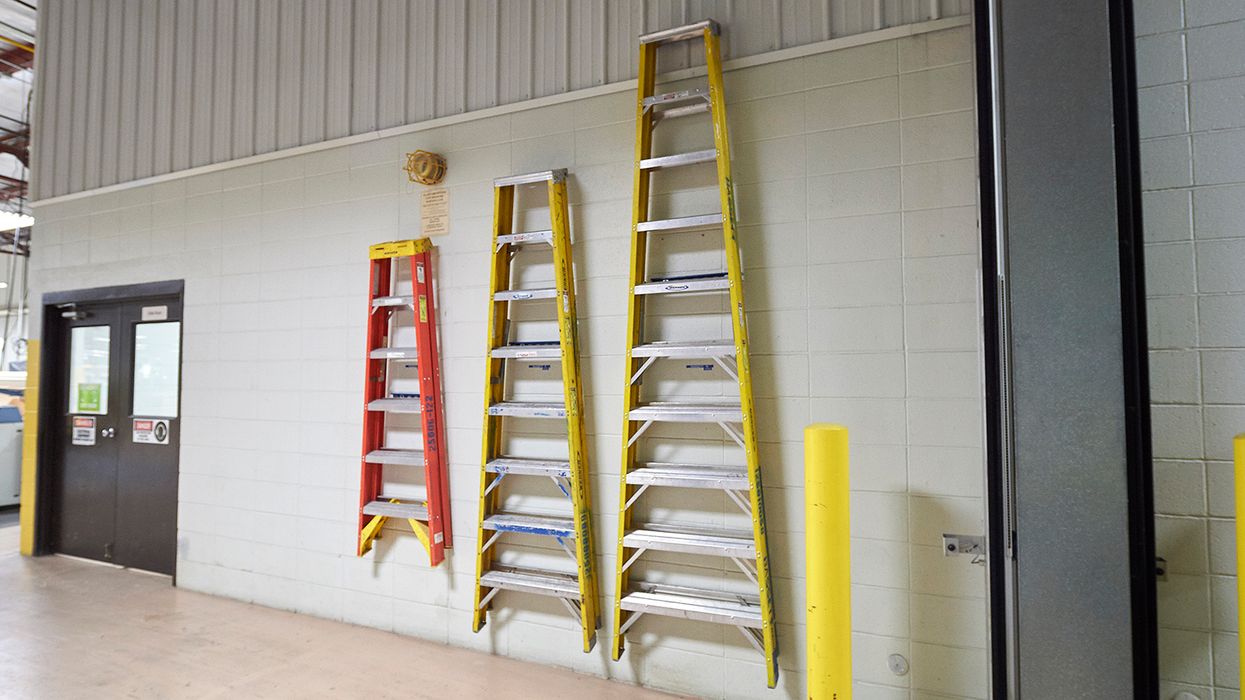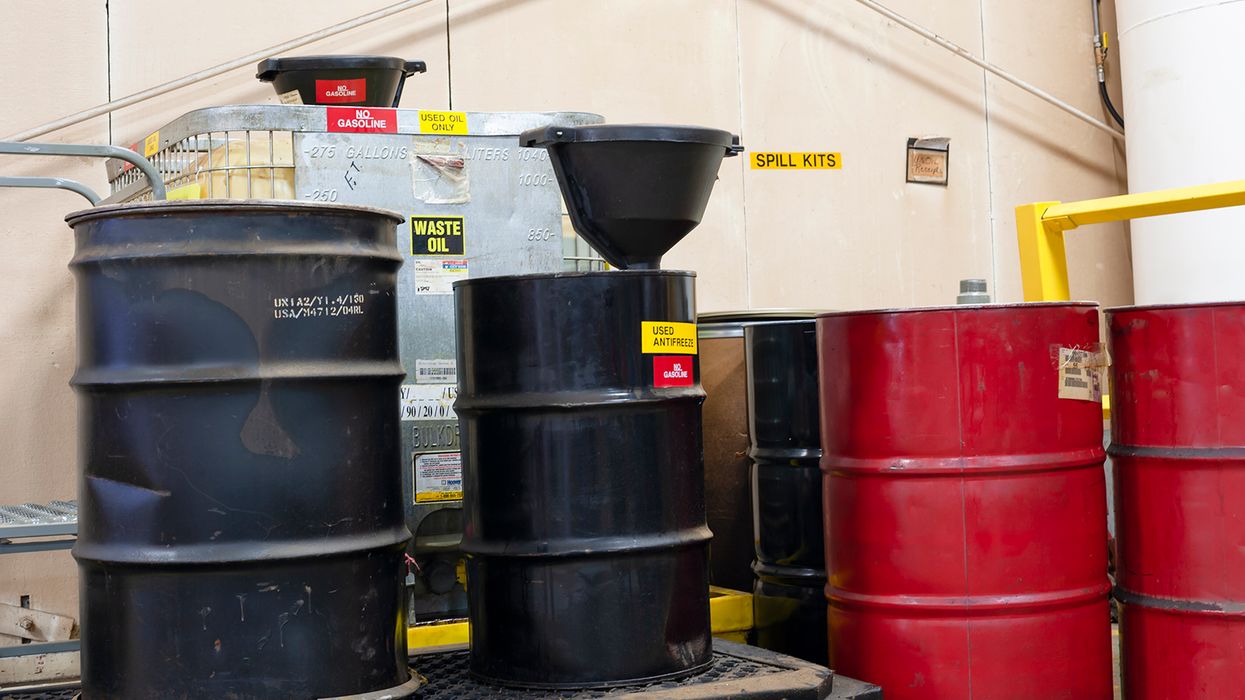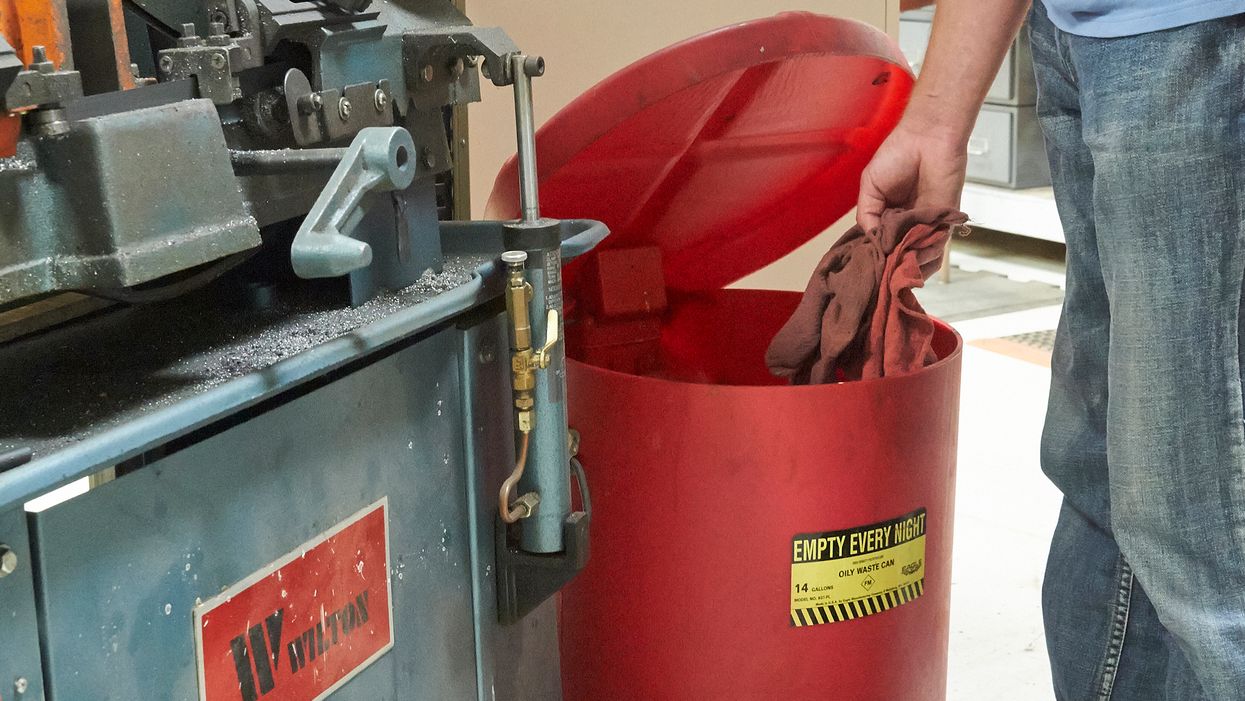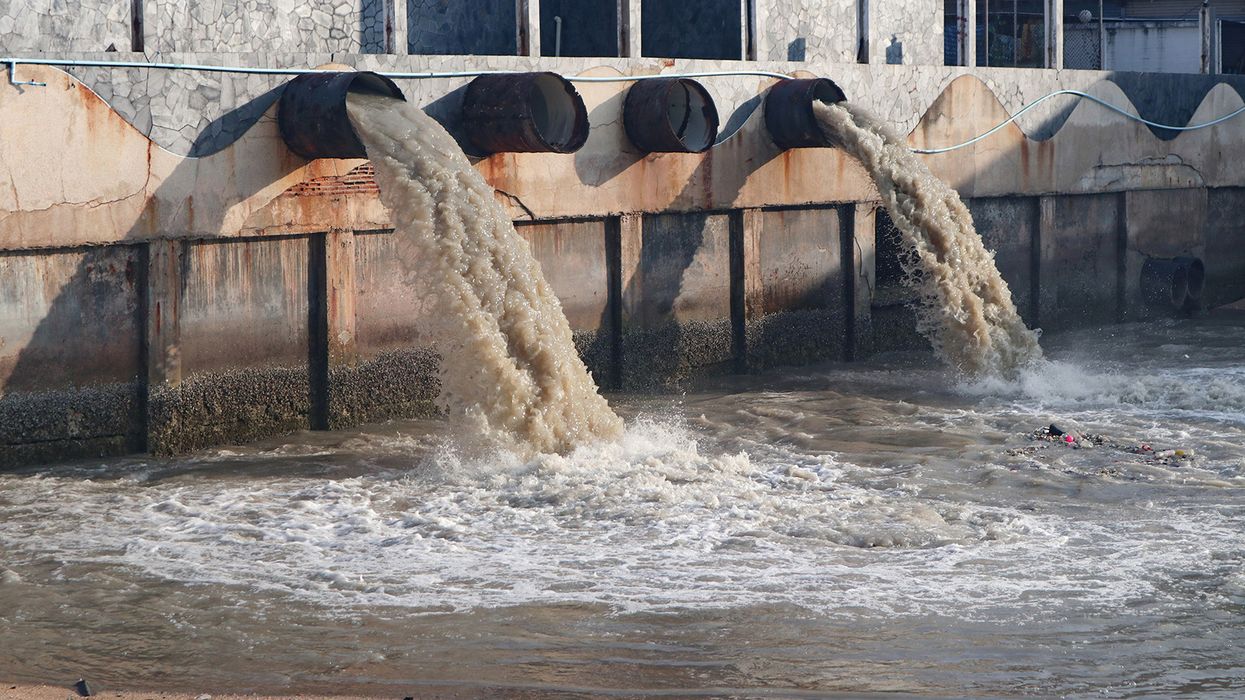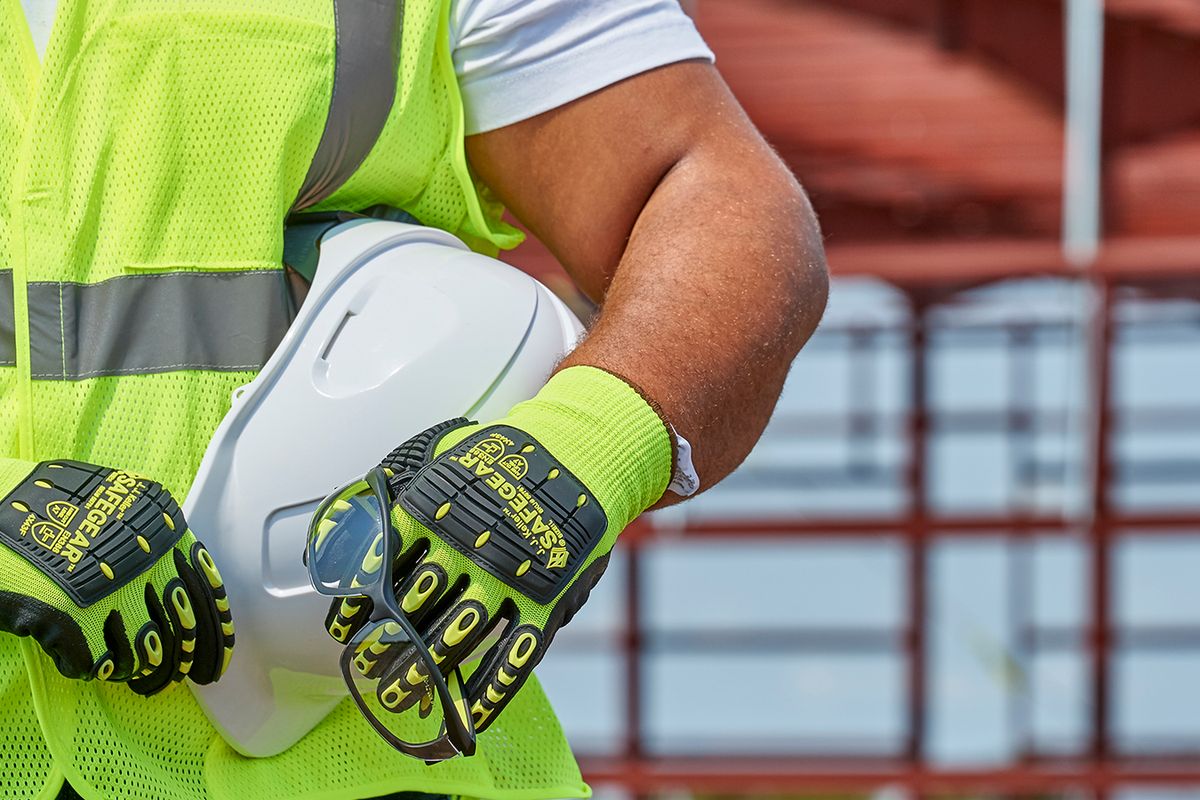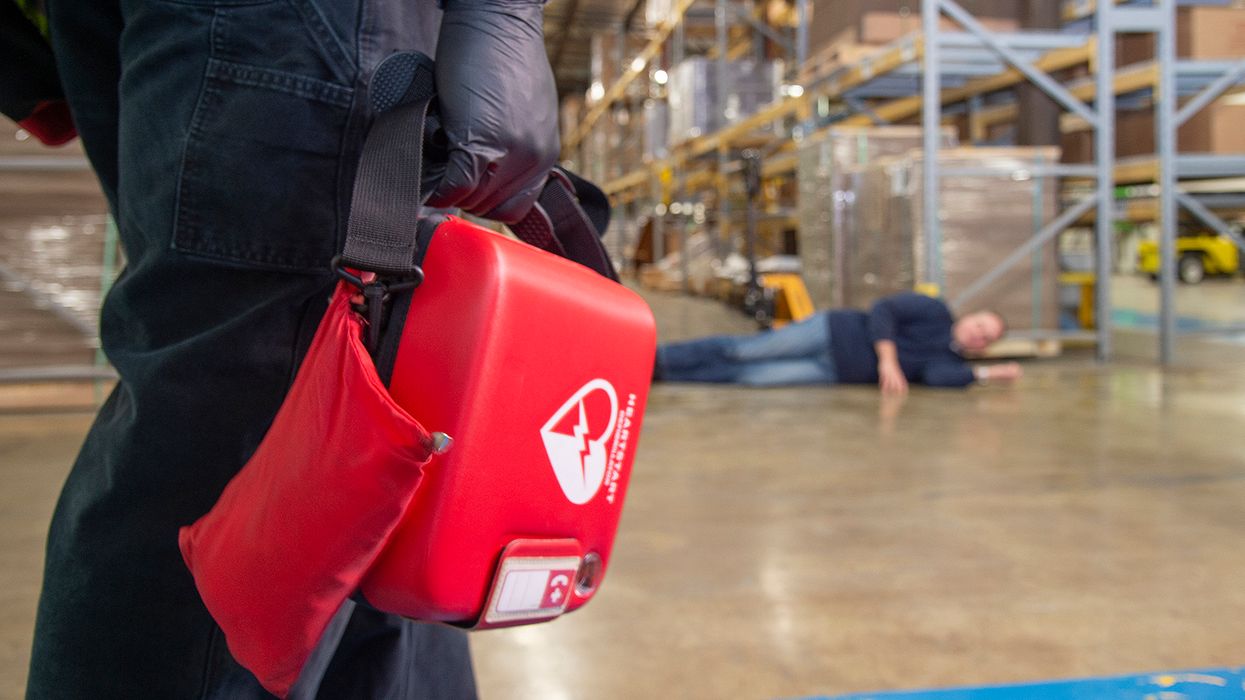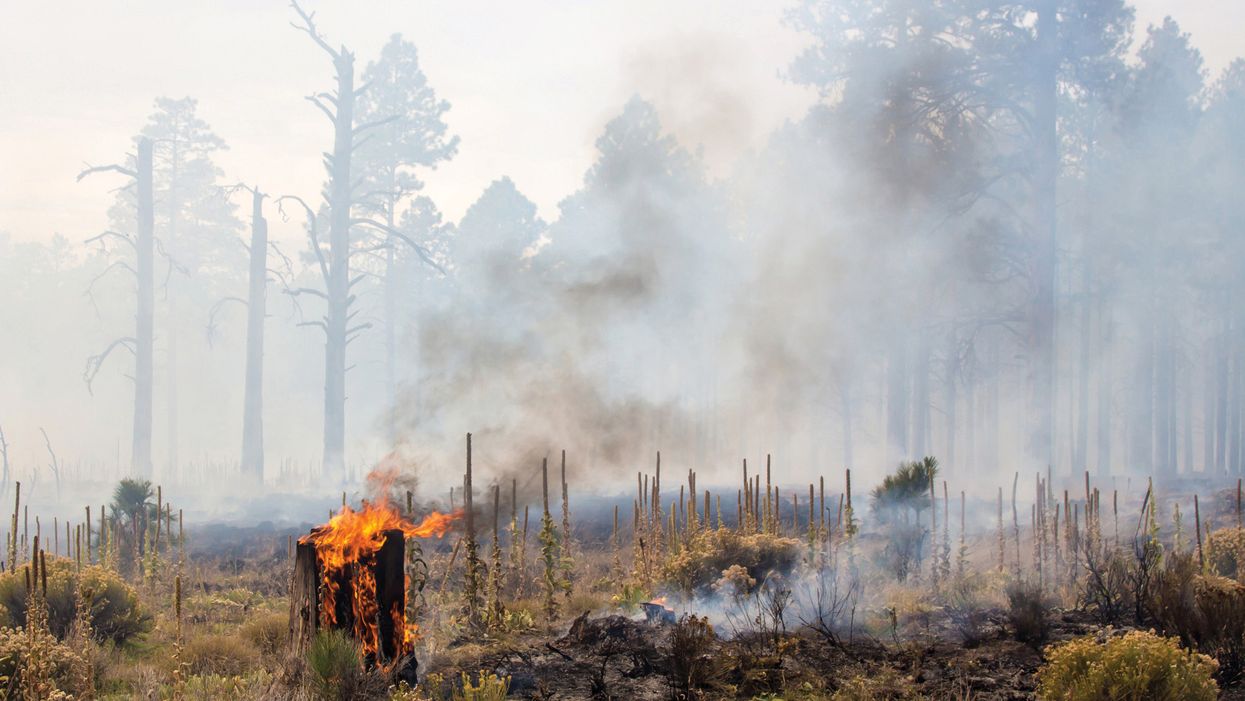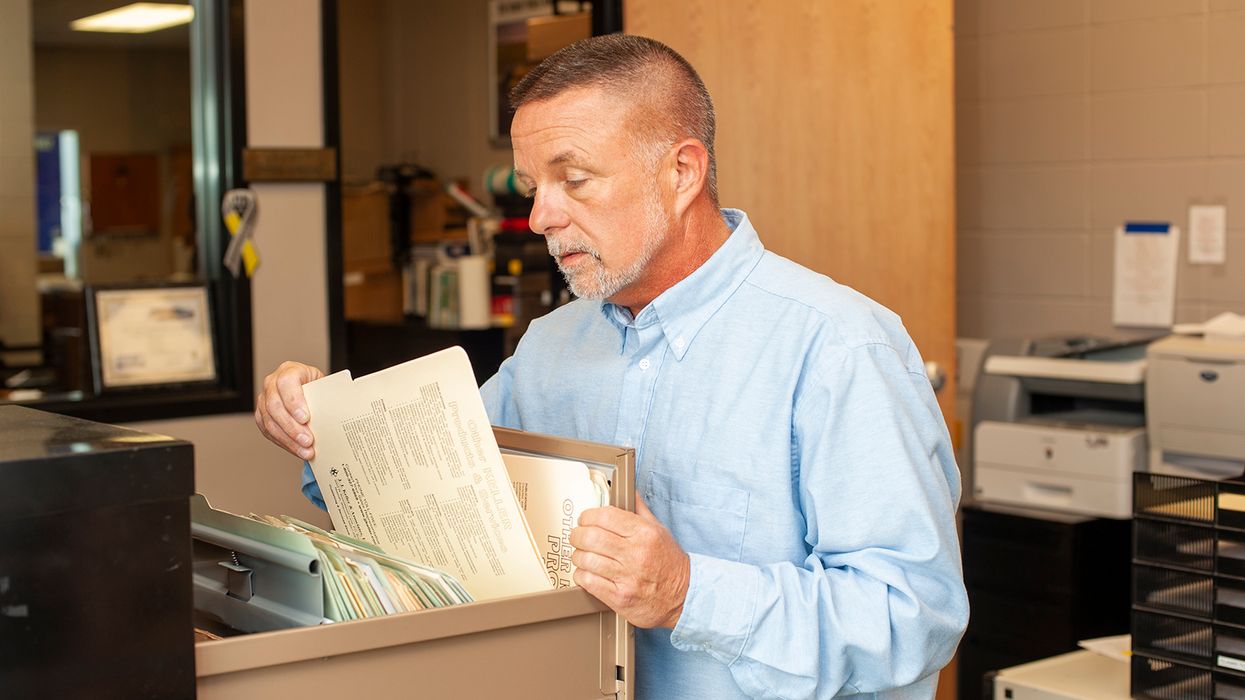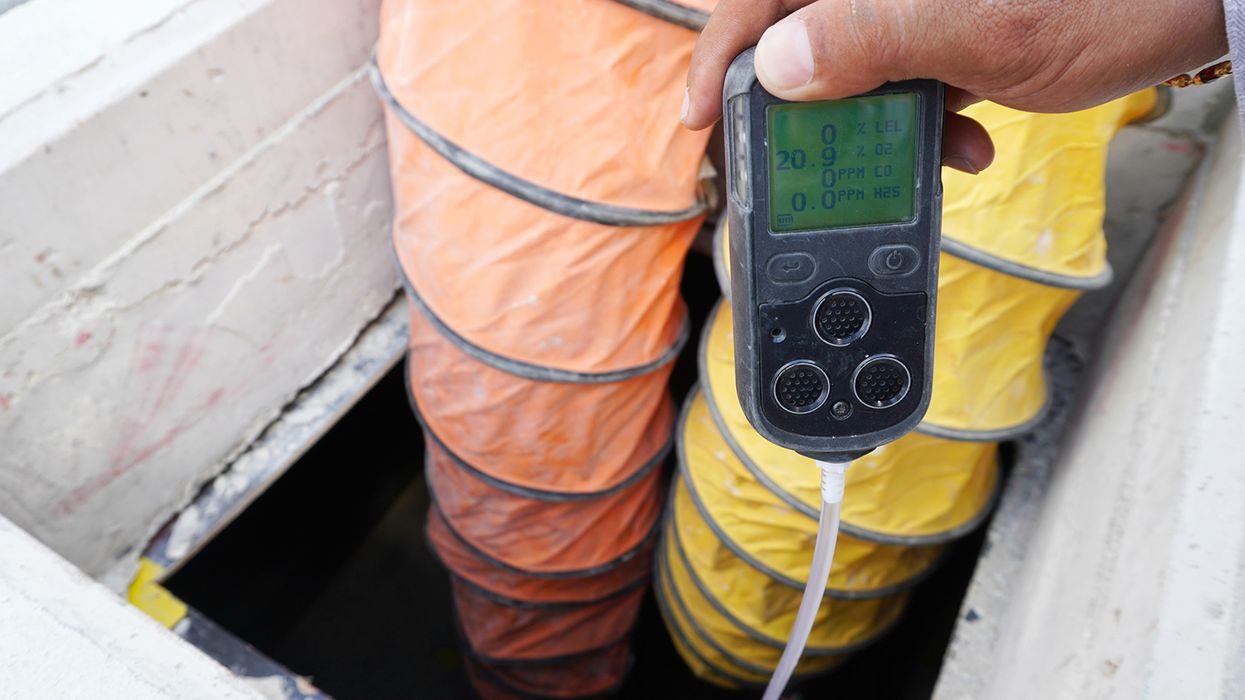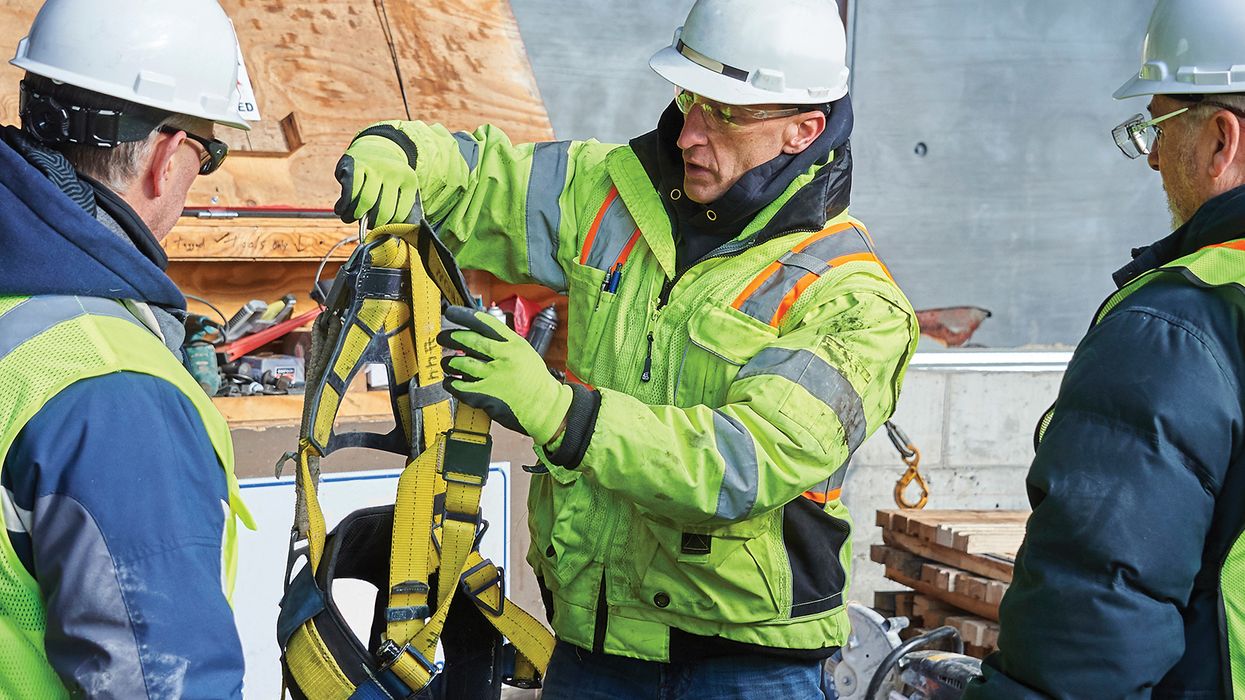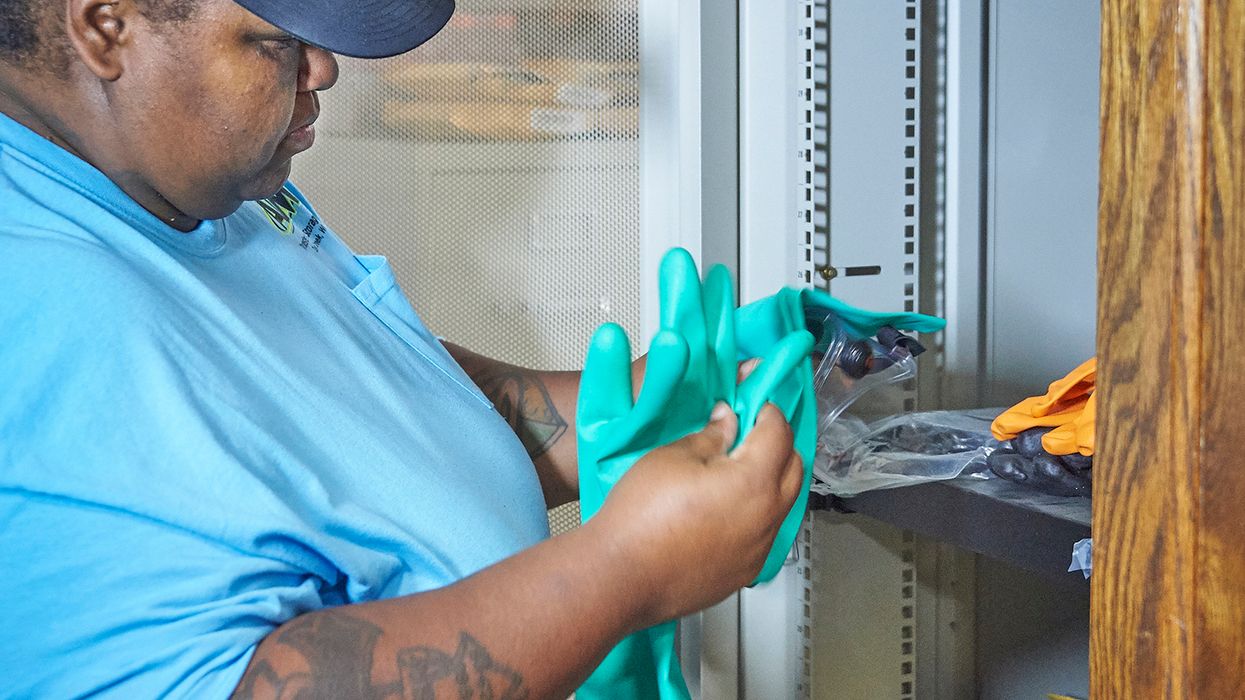HAZCOM — Safety is a dish best served warm!
Winter weather is in full effect, which means it’s time to brush up on cold-weather chemical and environmental safety. In most parts of the country, businesses are taking action to fight winter weather. For example, your business might use deicing chemicals and salts to keep the workplace safe, in addition to providing personal protective equipment (PPE) to keep employees warm.
Deicing chemicals
The more you know about deicing chemicals, the better your chances at protecting yourself and your employees on the job. Below are common solutions used to fight icy roads, walkways, and other frequented areas.
- Sodium Chloride (salt) — Salt is a common material used to deice roads and highways. However, too much exposure can lead to eye, skin, or respiratory irritation.
- Magnesium Chloride — In some cases, your employer may expect you to blend magnesium chloride with water or other solutions to create a chemical that melts ice. Ensure you have all the necessary label and safety data sheet information regarding the mixture. In some cases, mixtures can react to create a more hazardous solution than either of the individual ingredients.
Avoid cold stress!
The more you care about your own safety, the greater your chances are of returning home safe to your family. Working with deicing chemicals may seem easy, but it can also be dangerous if you’re not careful. Winter weather conditions can put you at risk for hypothermia, frostbite, or other cold-related stress. Keep these tips in mind while you tackle cold weather hazards:
- Speaking up doesn’t mean you’re not following directions. Although your job may require you to work in extreme conditions, you don’t need to risk your safety. If you feel unsafe during the day, reach out to your supervisor or management. You have a right to a safe work environment, free from recognized hazards, including cold weather.
- Suitable PPE isn’t just a choice; it’s a right! Sure, your employer may choose the type of PPE you use, but you need to ensure it keeps you warm on the job. Cold-related conditions can slowly overcome you while working in low temperatures, brisk winds, or wet clothing. When your body cannot warm itself or when your exposed skin freezes, severe cold-related injuries and illnesses may occur. You must have the right PPE!





















